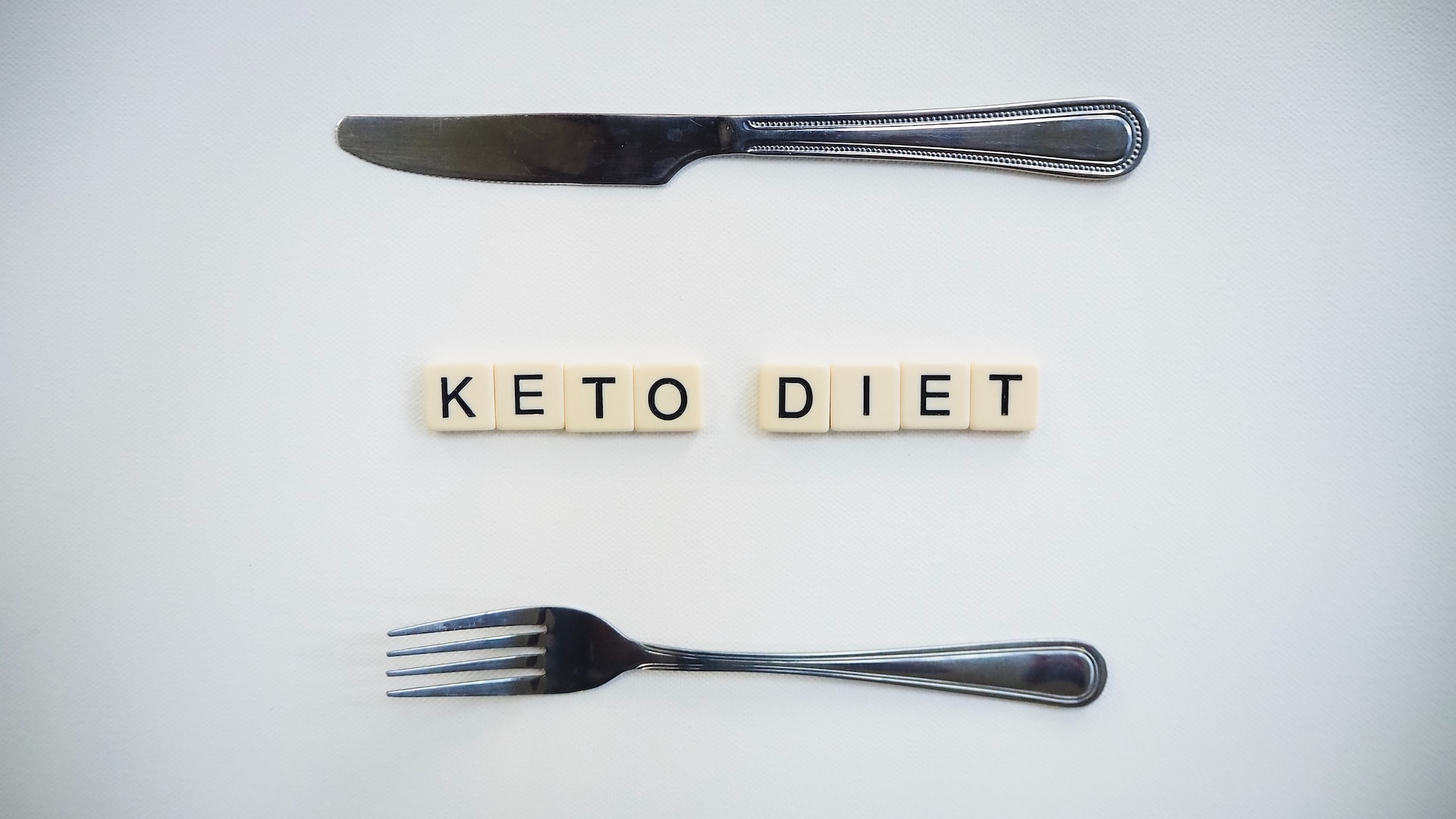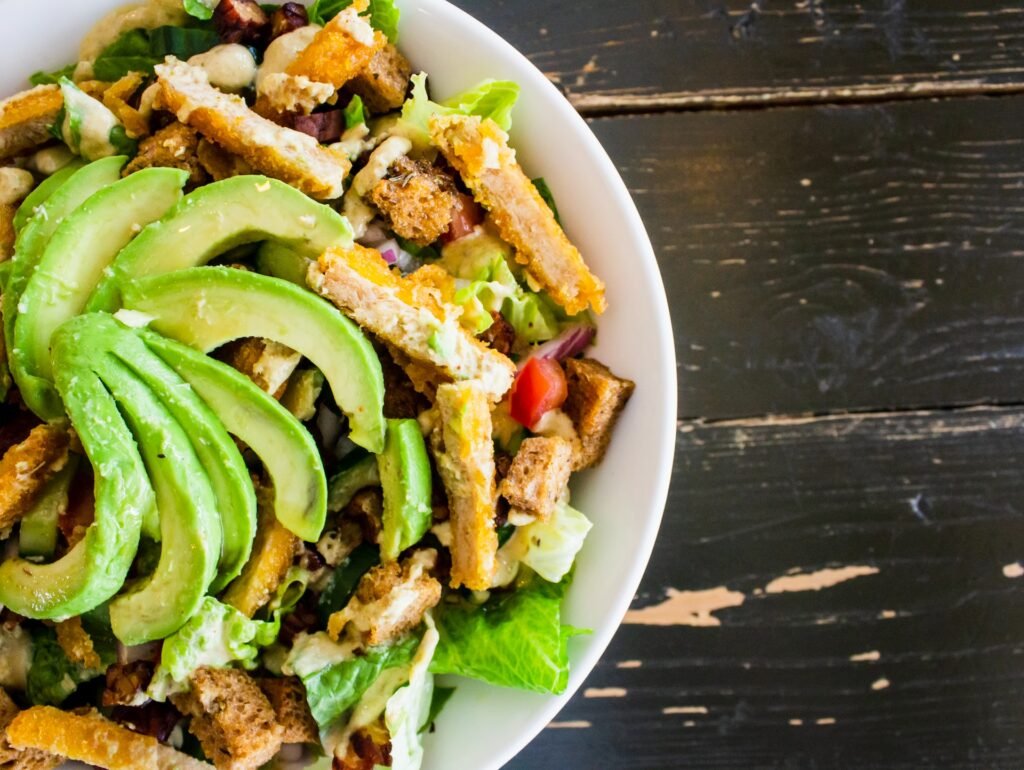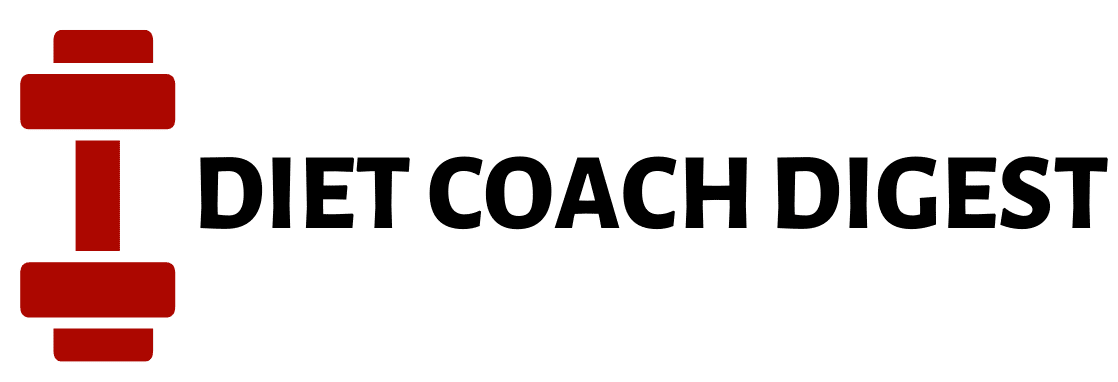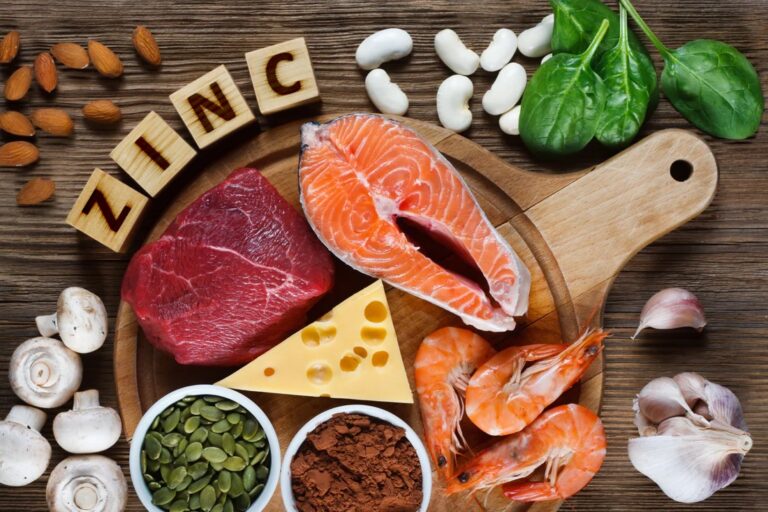Building Muscle and Cutting Carbs: The Keto Diet Approach

- Should You Train To Muscle Failure Every Set? What You Need To Know - March 4, 2025
- Nutrition in a Hurry: Top Post-Workout Snacks for Active People - February 20, 2025
- 15 Healthy Meal Prep Recipes: Your Weight Loss Made Easy - February 18, 2025
Hey there! Today, we’re diving into the topic of the keto diet and its effects on building muscle and cutting carbs. This article highlights some key points on this subject. It’s been speculated that low-carb diets are beneficial for exercise performance because they help the body become fat-adapted. However, research shows that while low-carb diets may enhance exercise performance in ultra-endurance athletes, there are significant performance decrements in high-intensity exercise. Muscle can utilize fat as fuel during low-intensity exercise, but it cannot use fat during high-intensity exercise. Additionally, glycogen availability in muscles decreases in low-carb diets, leading to impaired performance. The evidence suggests that low-carb or keto diets may negatively affect endurance, muscle gain, and strength compared to higher-carb diets for those looking to maximize muscle growth. So, if you’re aiming to build muscle and improve exercise performance, it’s worth considering the impact of your diet.

The Basics of the Keto Diet
The keto diet, short for ketogenic diet, is a low-carbohydrate, high-fat diet that has gained popularity for its potential health benefits, including weight loss and improved mental clarity. This diet has been around for decades and was originally developed as a treatment for epilepsy. However, it has since gained attention for its potential effects on muscle growth and exercise performance. In this article, we will explore the basics of the keto diet, how it works, and the benefits it may offer.
What is the Keto Diet?
The keto diet is a high-fat, low-carbohydrate eating plan that forces the body to burn fat for fuel instead of carbohydrates. By significantly reducing your intake of carbs and increasing your consumption of fats, your body enters a metabolic state called ketosis. In ketosis, your body begins to produce ketones, which are molecules produced from the breakdown of fat. These ketones then become the primary source of energy for the body, replacing glucose.
On a standard diet, your body primarily relies on glucose, which is derived from carbohydrates, for energy. However, on a keto diet, with limited carbohydrate intake, glucose availability is reduced, forcing the body to break down stored fat into ketones for fuel.
How Does the Keto Diet Work?
The key to the keto diet’s success lies in its ability to shift your body’s metabolic processes. By significantly reducing your carbohydrate intake, you lower your blood sugar and insulin levels, which promotes fat burning.
When you consume carbohydrates, they are broken down into glucose, which raises blood sugar levels. In response, your body releases insulin to help transport the glucose into cells for energy. Insulin also promotes the storage of excess glucose as glycogen in the liver and muscles. However, when you restrict carbs on a keto diet, your body’s glycogen stores become depleted, causing your body to turn to fat as its primary energy source.
By entering a state of ketosis, your body begins to burn stored fat for fuel, leading to weight loss. The higher fat intake on a keto diet also helps to keep you feeling full and satisfied, which can aid in reducing calorie intake and promoting further weight loss.
Benefits of the Keto Diet
The keto diet has been praised for its ability to aid in weight loss, but it also offers other potential health benefits. Some of the benefits associated with following a keto diet include:
- Weight Loss: The low-carb, high-fat nature of the keto diet has been shown to promote weight loss. By reducing carbohydrate intake and increasing fat consumption, the body becomes more efficient at burning fat for fuel, resulting in weight loss.
- Reduced Inflammation: Some studies have suggested that the keto diet can reduce inflammation in the body. Chronic inflammation has been linked to a variety of health conditions, including heart disease, diabetes, and certain types of cancer.
- Improved Mental Clarity: The keto diet has been shown to benefit brain health and cognitive function. By fueling the brain with ketones instead of glucose, individuals on a keto diet may experience increased mental clarity and focus.
- Controlled Blood Sugar: The keto diet may be beneficial for individuals with diabetes or those at risk of developing the disease. By reducing carbohydrate intake, the keto diet helps to stabilize blood sugar levels and improve insulin sensitivity.
- Increased Energy Levels: When your body becomes accustomed to burning fat for fuel, it can help regulate energy levels throughout the day. Many individuals report having sustained energy levels and reduced energy crashes while following a keto diet.
While the keto diet offers promising benefits, it’s essential to note that it may not be suitable for everyone. It’s always a good idea to consult with a healthcare professional before starting any major dietary changes.
Keto Diet and Muscle Growth
Can You Build Muscle on a Keto Diet?
One common concern among individuals considering a keto diet is whether it is compatible with building muscle. While the keto diet may not be the most optimal approach for maximizing muscle growth, it is still possible to build muscle while following this eating plan.
Muscle growth primarily relies on adequate protein intake, resistance training, and sufficient calorie consumption. While the keto diet is typically lower in carbohydrates and higher in fat, it can still provide enough protein and calories to support muscle growth.
Effects of Low-Carb Diets on Muscle Gain
Research has shown that low-carb diets, including the keto diet, may have some negative effects on muscle gain compared to higher-carb diets. A study conducted by Vargas et al. found that men who resistance trained on a low-carb diet gained less muscle and strength compared to those on a higher-carb diet, even when calorie and protein intake were matched.
It’s important to note that the study mentioned above does not necessarily imply that it’s impossible to build muscle on a keto diet. Rather, it suggests that muscle gain may be somewhat impaired compared to a higher-carb diet. Other factors, such as individual variability and training regimen, can also influence muscle growth.
Potential Mechanisms for Impaired Muscle Growth on Keto
Several mechanisms may explain why low-carb diets, including the keto diet, may impair muscle growth. One potential mechanism is the decreased availability of glycogen in muscle. Glycogen is the stored form of glucose in the body, and it plays a crucial role in providing energy during high-intensity exercise. When following a low-carb diet, glycogen availability is limited, which can lead to impaired performance during anaerobic (high-intensity) exercise.
Furthermore, carbohydrates have been shown to decrease muscle protein breakdown. While they may not directly stimulate muscle protein synthesis, carbohydrates, especially in the presence of insulin, can help prevent muscle protein breakdown. This, in turn, may impact muscle gain and exercise performance.
While the exact mechanisms are still being studied, it’s clear that carbohydrates play an essential role in optimizing muscle growth and exercise performance. However, individual responses to different dietary approaches can vary, and more research is needed to fully understand the effects of low-carb diets on muscle gain.
Effects of Low-Carb Diets on Exercise Performance
Performance in Ultra-Endurance Athletes
Low-carb diets have been suggested to have potential performance benefits for ultra-endurance athletes. Since these activities typically involve low-intensity exercise for an extended period, the body primarily relies on fat for fuel. In this context, a low-carb or ketogenic diet may be well-suited for providing a steady source of energy, as fat metabolism is increased.
Research has shown that ultra-endurance athletes can adapt to a low-carb or ketogenic diet and perform well during these types of events. However, it’s important to note that the same benefits may not apply to high-intensity exercise.
Performance in High-Intensity Exercise
When it comes to high-intensity exercise, such as weightlifting or sprinting, the effects of low-carb diets on performance are more significant. High-intensity exercise relies heavily on glycogen as a fuel source, with fat metabolism being insufficient to provide the quick energy requirements.
Due to the limited availability of glycogen on a low-carb diet, high-intensity exercise performance can be impaired. The body’s ability to produce ATP (adenosine triphosphate), the primary energy currency of cells, is compromised without sufficient glycogen. This can lead to decreased strength, power, and overall performance during intense workouts.
It’s important to consider the specific demands of your exercise routine when deciding whether a low-carb or keto diet is suitable for your goals. While some individuals may experience improvements in endurance activities, those seeking maximal muscle growth or high-intensity performance may find that a higher-carb diet is more beneficial.
Glycogen Availability and Muscle Performance
Role of Glycogen in Muscle
Glycogen is a stored form of glucose that serves as an energy reserve in the body, primarily in the liver and muscles. It plays a crucial role in providing fuel during high-intensity exercise when the body requires quick bursts of energy.
During exercise, glycogen is broken down into glucose and used to produce ATP, the energy source that powers muscle contractions. Maintaining adequate glycogen stores is vital for optimal muscle performance, especially during activities that require significant power or strength.
Impaired Performance with Decreased Glycogen Availability
Low-carb diets, such as the keto diet, can lead to decreased glycogen availability in the body. Without sufficient glycogen stores, the body’s ability to produce ATP is compromised, resulting in impaired performance during high-intensity exercise.
When glycogen levels are limited, less glucose is available for anaerobic metabolism, which is essential for explosive movements and intense workouts. This can lead to decreased power, strength, and overall performance.
While the body can utilize fat for fuel during low-intensity exercise, it heavily relies on glycogen during higher-intensity activities. This is an important consideration for individuals following a low-carb or keto diet who engage in high-intensity exercise or strength training.

Carbohydrates and Muscle Protein Breakdown
The Significance of Carbohydrates in Muscle Protein Breakdown
Carbohydrates, particularly in the presence of insulin, play a role in regulating muscle protein breakdown. While carbohydrates themselves may not directly stimulate muscle protein synthesis, they help to prevent the breakdown of muscle protein.
Insulin, which is released in response to carbohydrate consumption, has a powerful effect on inhibiting muscle protein breakdown. This is important for maintaining muscle mass and preventing muscle wasting.
In the context of muscle growth and exercise performance, the balance between muscle protein breakdown and synthesis is crucial. While protein synthesis is necessary for muscle growth, if muscle protein breakdown exceeds synthesis, it can hinder muscle gain and overall performance.
Impact on Muscle Gain and Exercise Performance
The effects of low-carb diets on muscle gain and exercise performance are closely tied to the impact on muscle protein breakdown. While the exact mechanisms are still being researched, it appears that the reduced carbohydrate intake on a low-carb or keto diet may contribute to increased muscle protein breakdown.
When muscle protein breakdown outweighs protein synthesis, it becomes more challenging to achieve net muscle anabolism. This can impact muscle gain and make it more challenging to create progressive overload during resistance training.
Maximizing muscle growth and exercise performance requires an understanding of the role that carbohydrates play in regulating muscle protein breakdown. While low-carb diets have other potential benefits, it’s important to consider the impact on muscle gain and overall performance.
Maximizing Muscle Growth on Keto
Strategies for Building Muscle with a Keto Diet
While the keto diet may have some limitations when it comes to maximizing muscle growth, there are strategies you can employ to support muscle growth on this eating plan.
- Adequate Protein Intake: Protein is essential for muscle growth and repair. Make sure your diet includes enough protein from sources such as meat, fish, eggs, and plant-based options like tofu or tempeh.
- Strategic Carb Cycling: Consider incorporating strategic carb cycling into your keto diet. This involves alternating between low-carb and higher-carb days to optimize glycogen stores and support high-intensity exercise performance.
- Targeted Ketogenic Diet (TKD): TKD is a variation of the keto diet that involves consuming small amounts of easily digestible carbs before and after your workouts. This provides a source of glucose to support high-intensity exercise without disrupting ketosis.
- Supplementation: Certain supplements, such as creatine, can help support muscle growth and improve exercise performance. Consult with a healthcare professional or nutritionist to determine which supplements may be beneficial for you.
Considerations for Keto Athletes
If you are an athlete or highly active individual following a keto diet, there are a few additional considerations to keep in mind:
- Electrolyte Balance: Keto diets can affect electrolyte balance, so be sure to monitor your intake of minerals such as sodium, potassium, and magnesium.
- Stay Hydrated: Proper hydration is crucial for optimal exercise performance. Make sure to drink enough water and consider supplementing with electrolyte-rich fluids.
- Individual Variability: Every individual is different, and responses to dietary approaches can vary. Experiment with different strategies and monitor your progress to find what works best for your body.
Importance of Individual Variability
It’s essential to remember that individual responses to different dietary approaches can vary. While some individuals may thrive on a keto diet, others may not experience the same benefits. Factors such as genetics, training routine, and overall health can influence how your body responds to specific diets.
If your goal is to maximize muscle growth and exercise performance, it may be worth considering a higher-carb diet. However, if you enjoy a keto lifestyle and are experiencing positive results, there’s no need to make drastic changes. Ultimately, finding a dietary approach that aligns with your goals, preferences, and overall well-being is key.

Conclusion
The keto diet can be a beneficial eating plan for weight loss and certain health conditions. However, its effects on muscle growth and exercise performance may be less optimal compared to higher-carb diets.
Research suggests that while it is possible to build muscle on a keto diet, muscle gain, and exercise performance may be somewhat impaired. The limited availability of glycogen and the impact on muscle protein breakdown are two factors that may contribute to these effects.
If your goal is to maximize muscle growth and high-intensity exercise performance, it may be worth considering a higher-carb diet. However, individual responses can vary, and some individuals may still experience positive results on a keto diet.
Ultimately, it’s important to consider your specific goals, preferences, and overall well-being when deciding on a dietary approach. Consulting with a healthcare professional or nutritionist can help you determine the best approach for your needs and circumstances.
Table of Contents







